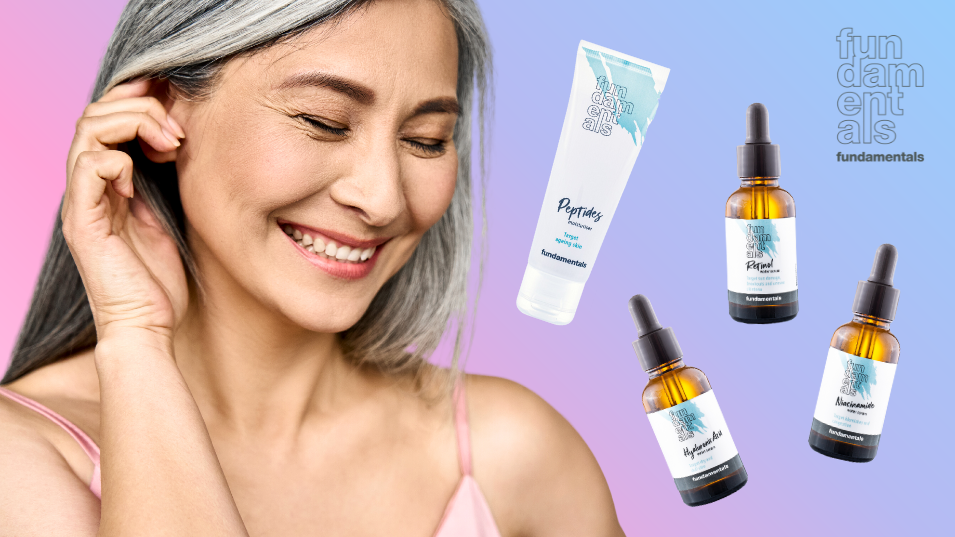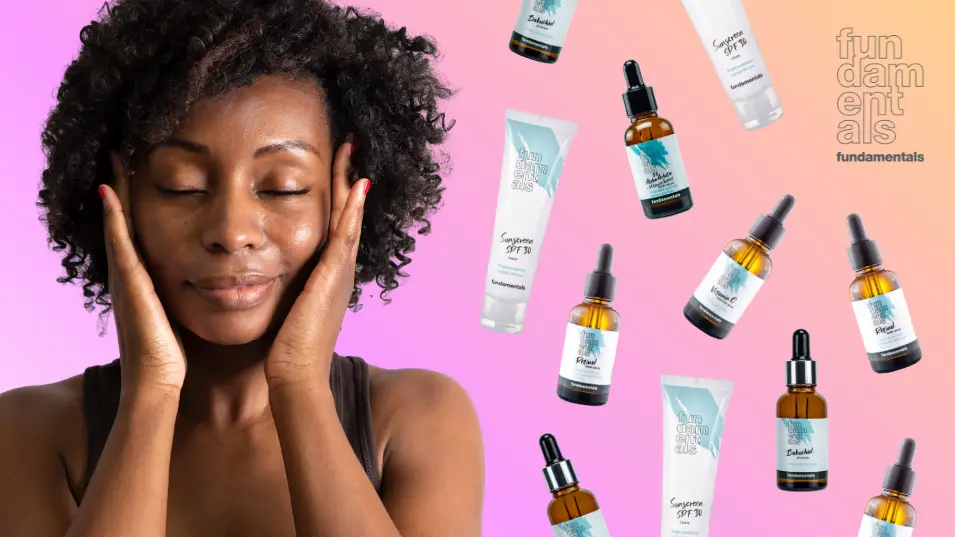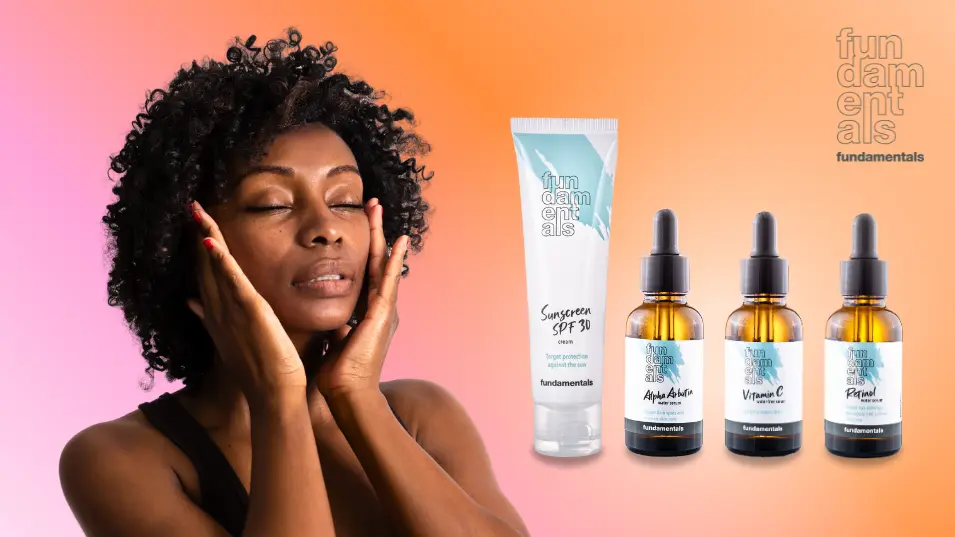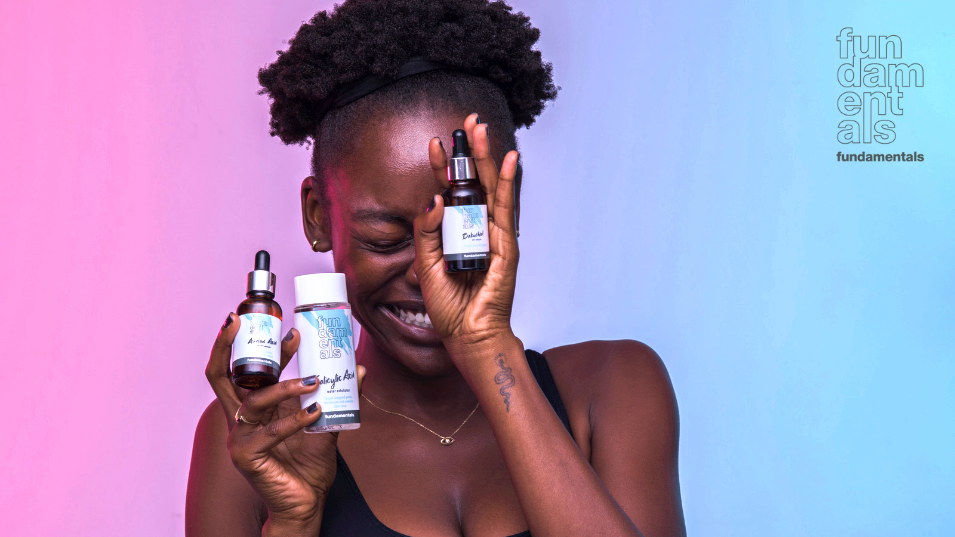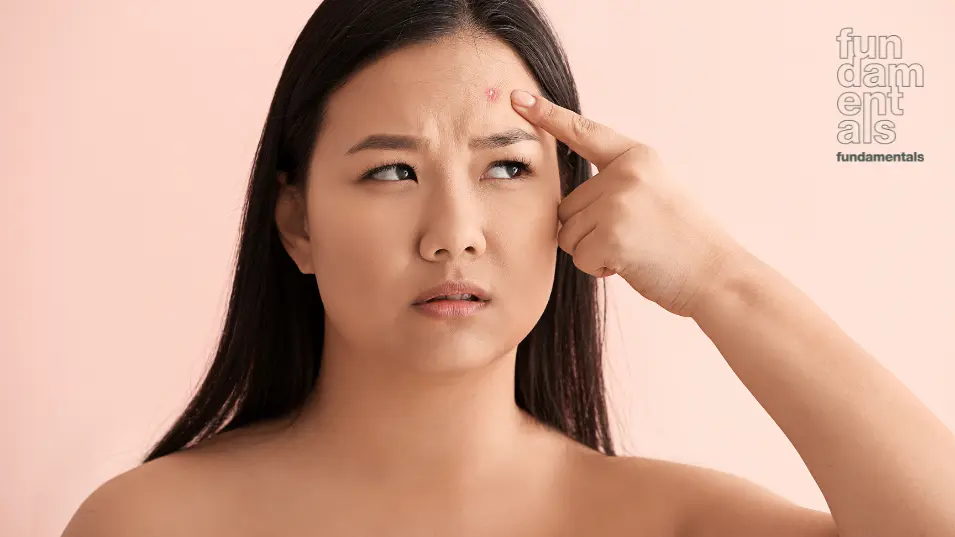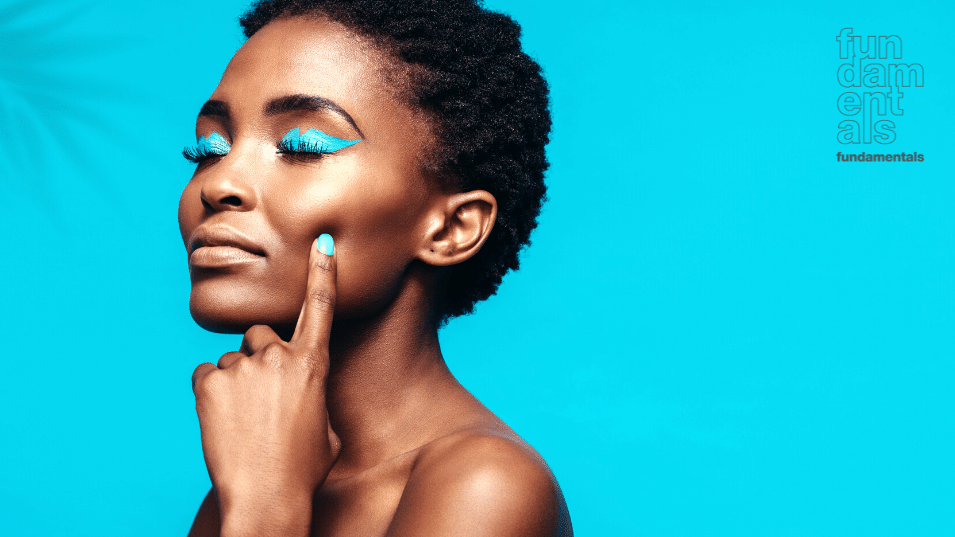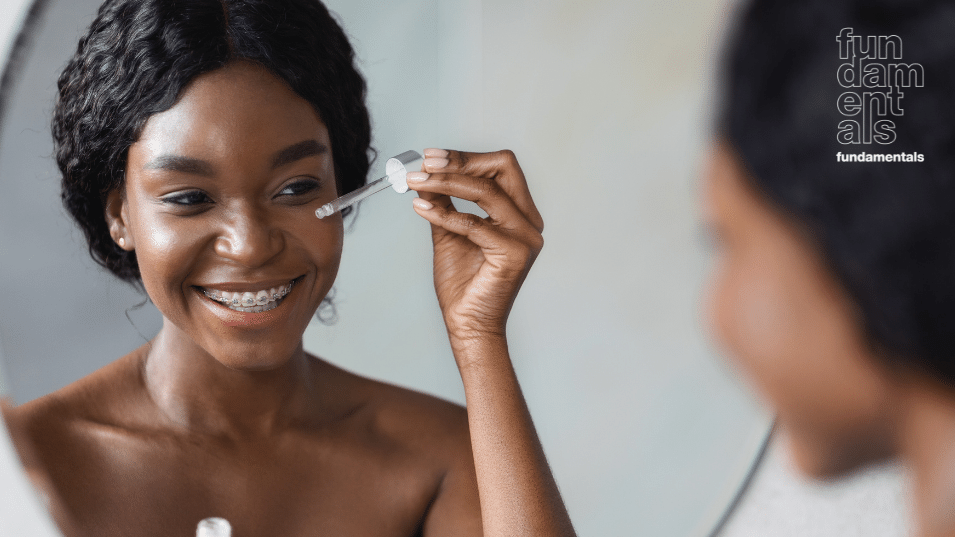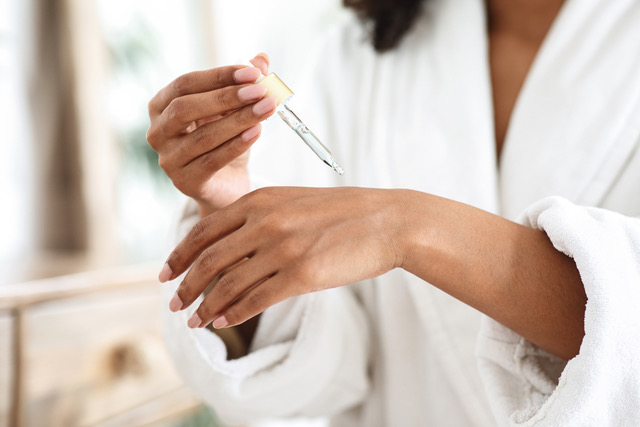August 2023, South Africa – Skin ageing is inevitable but skin health is always a necessity. Your skin will over the years change its appearance through a gradual and natural ageing process. The collagen production slows drastically with every decade you age. You may notice a loss of luminosity, wrinkles, flaccidity and a lack of skin density. While these occurrences are unstoppable you may want to start incorporating a few good skincare habits into your daily routine to not only slow down the process but also achieve and maintain a healthy skin microbiome.
Natasha Davel at Fundamentals Skincare explained that: “With ageing, skin shedding slows, leading to a build of the Stratum Corneum, which presents as dull skin, pore sizes increase, the activity of pigment-containing cells (melanocytes) decreases and some of the melanocytes mutate forming Lentigos. Ageing skin looks thinner, paler, and clear (translucent). Fundamentals offers affordable and quality skincare solutions designed specifically to target the signs of ageing that provide a corrective response to each manifestation.”
How does skincare help you manage the symptoms of ageing?
It’s all in the ingredients. Just as food tastes delicious because of its ingredients, skincare works the same. With the use of the right ingredients you will be able to achieve the desired result for your skin.
Your top four ingredients to manage the signs of ageing:
Niacinamide: For people with dry, sensitive, ageing, or acne-prone skin this ingredient is recommended. It promotes more youthful-looking skin and may also minimise the appearance of fine lines and wrinkles with its powerful hydrating and skin-plumping abilities. Niacinamide can be used in your skincare routine on a long-term basis, specifically if you’re using it for anti-ageing concerns. Studies have shown that after 12-weeks, there is an improvement in fine lines, wrinkles, skin elasticity, and skin tone.
Peptides: Depending on what other ingredients you pair peptides with it can offer a host of benefits including hydrating, firming and tightening of the skin. It can also help reduce the appearance of pores, diminish redness, ease inflammation and help skin look plumper. Furthermore, peptides are much less drying and irritating than retinoids, thus being ideal for those with dry or sensitive skin and can also be applied both day and night.
Hyaluronic Acid: This ingredient plays a crucial role in skin moisture. As people age, the moisture in their skin decreases. Not only does hyaluronic acid do a killer job when it comes to moisturising the skin, but it minimises signs of ageing through hydrating the skin sufficiently so that fine lines and wrinkles are less visible. Remember dry skin emphasises and promotes premature-ageing. Always ensure your skin is moisturised and hydrated all year round.
Retinol / Bakuchiol: If you only have one anti-ageing product in your vanity, make it a retinoid. Dermatologists recommend this powerful skincare ingredient (a derivative of vitamin A) for its ability to accelerate cell renewal. Retinol increases the thickness and elasticity of your skin, slows the production of melanin, reduces inflammation and prevents clogged pores. Bakuchiol on the other hand is a natural alternative to a retinol which may help address signs of ageing, such as fine lines and wrinkles, as well as improve tone and texture. Bakuchiol is recommended for people who have very sensitive skin or have not yet built up tolerability in their skin for retinol. It’s a great way to start off on retinoids.
“It’s never too late to start with proper skincare. Remember, skincare is quality over quantity. Instead of using 10 products a day on your face, use multi-functional products that offer your skin more than one benefit, only use what you need and opt for affordable skincare that does not break your bank,” concluded Davel.


